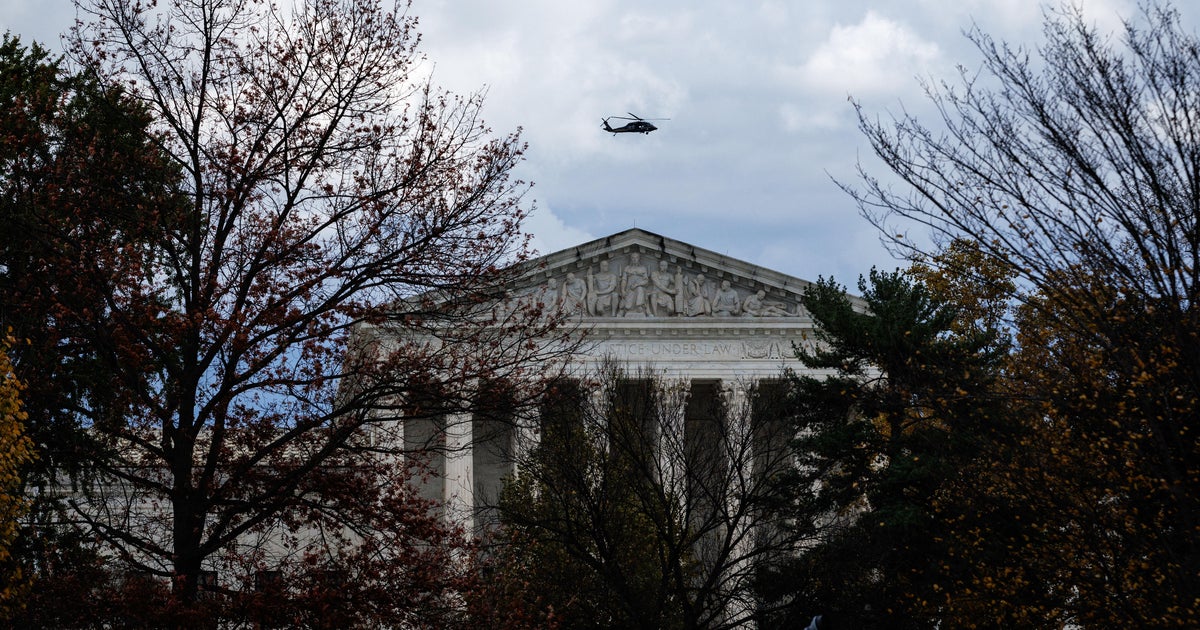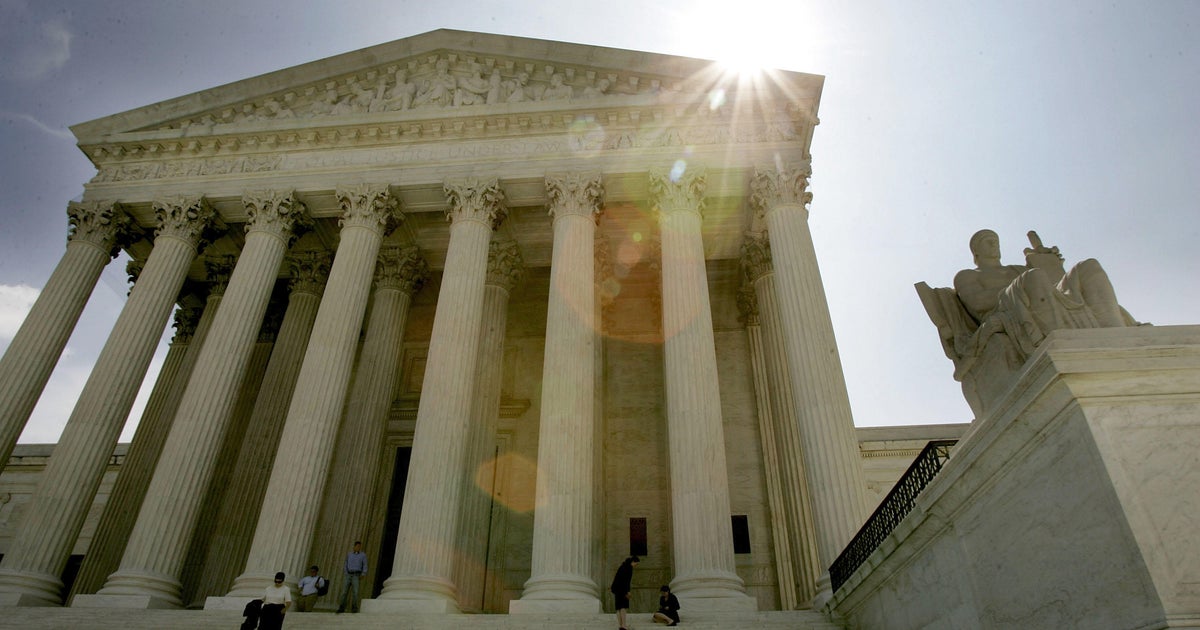One of the Supreme Court's most important abortion cases since Roe v. Wade has just begun
The lawsuit that will decide the future of abortion access in Louisiana – and the rest of the country – is officially underway.
A 63-page opening brief was filed late Monday night by the Center for Reproductive Rights (CRR) in a Supreme Court case that could leave Louisiana without access to legal abortion and provide a roadmap for other anti-abortion access states to follow.
At the center of the case – June Medical Services v. Gee – is Act 620, Louisiana's "Unsafe Abortion Protection Act," a 2014 state law not currently in effect that would require doctors performing abortions to have admitting privileges at a nearby hospital. If the law is allowed to be implemented, all of Louisiana's abortion clinics would close, as first reported last month by CBS News.
CRR represents June Medical Services, a clinic that does business as Hope Medical Group and is one of the state's last three abortion providers. In the opening brief, CRR outlined its argument against Act 620, identifying two reasons why it believes the regulation should be struck down by the high court. First, CRR argued that since the Supreme Court struck down the same type of restriction in Whole Woman's Health v. Hellerstedt in 2016, Louisiana's restriction should also be deemed unconstitutional. Second, the law in question "is unconstitutional even assuming the burdens here are less than in Whole Woman's Health," according to the brief.
Previous Supreme Court precedent says that abortion restrictions cannot create an "undue burden" for women seeking the procedure.
"The facts, the law, and the Constitution have not changed since an identical law was struck down by the Supreme Court in 2016," said Nancy Northup, president and chief executive officer of CRR. "We are relying on the Court to reaffirm that decision and preserve abortion access for women in Louisiana and across the country."
While pro-abortion rights advocates, including CRR, have called out the law as a way for the state to restrict access to the procedure, supporters of the law have rejected that claim. In an interview with CBS News, the author of the law, Representative Katrina Jackson, called the regulation "common-sense women's health care."
But providers in the state — and medical groups like the American Medical Association and the American College of Obstetrics and Gynecology — disagree. And while reviewing similar laws elsewhere, courts have called this type of abortion regulation "medically unnecessary."
Louisiana's Attorney General's office, which will be responsible for arguing in favor of the law, has not yet filed its opening brief, which is due by December 26, according to a spokesperson for the office.
"Women deserve better than incompetent providers that put profits over people," said Louisiana Solicitor General Liz Murrill in an email sent to CBS News on Monday night. "Louisiana isn't Texas, and our case is distinguishable from Hellerstedt; our facts, our evidence, and our generally applicable medical standards are all different."
Read the full brief here:
June Medical - Brief for Petitioners by CBS News Politics on Scribd



